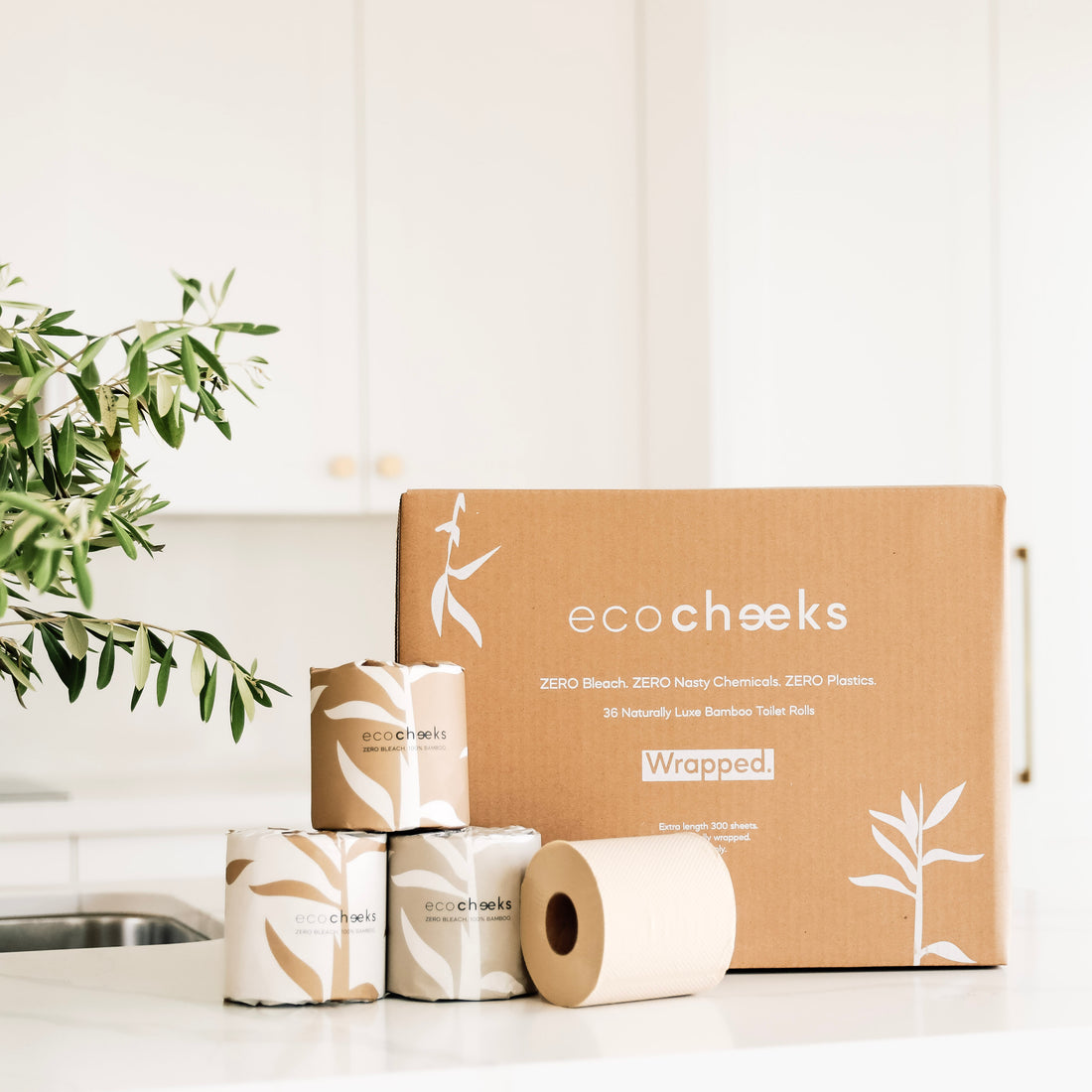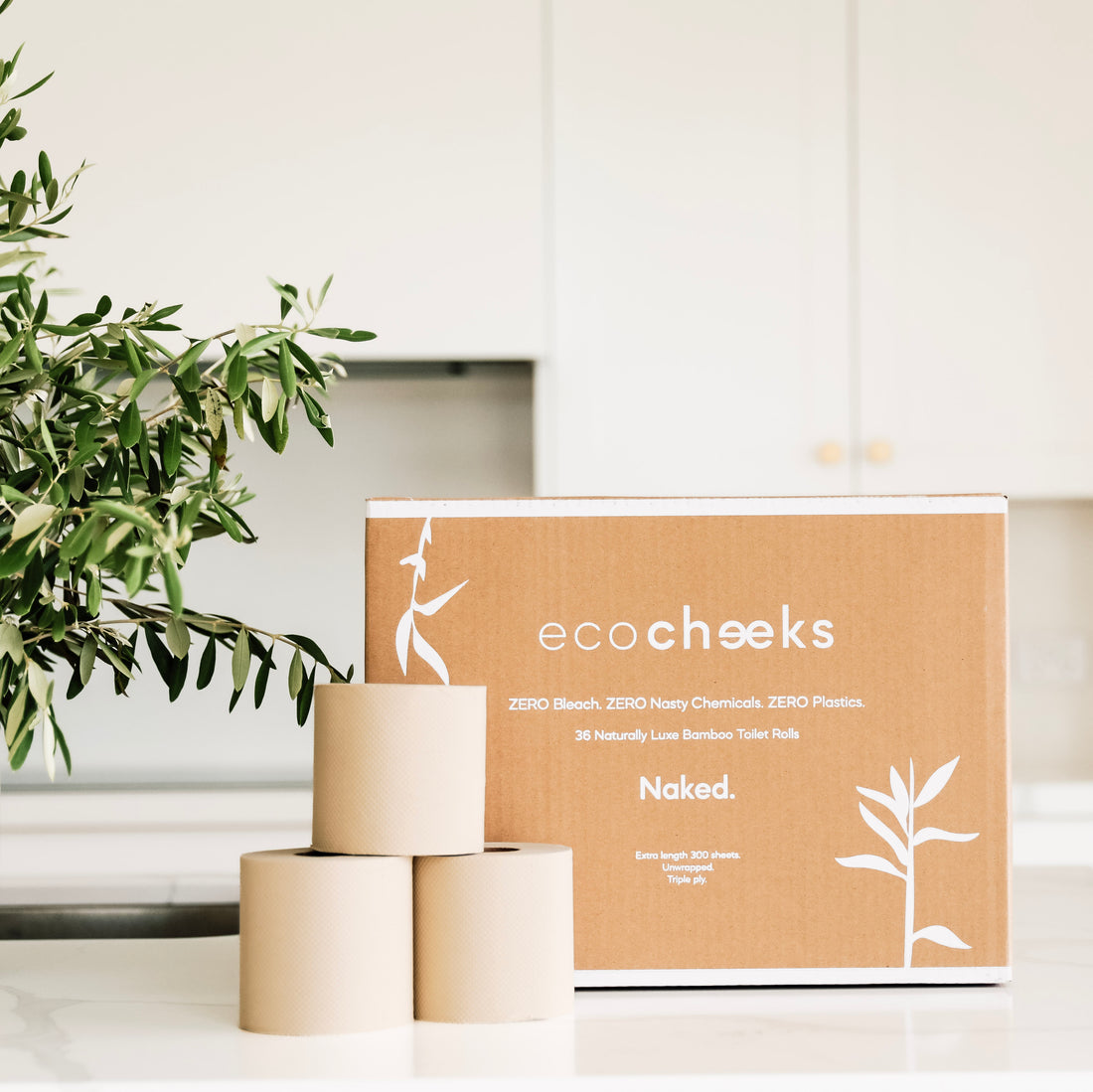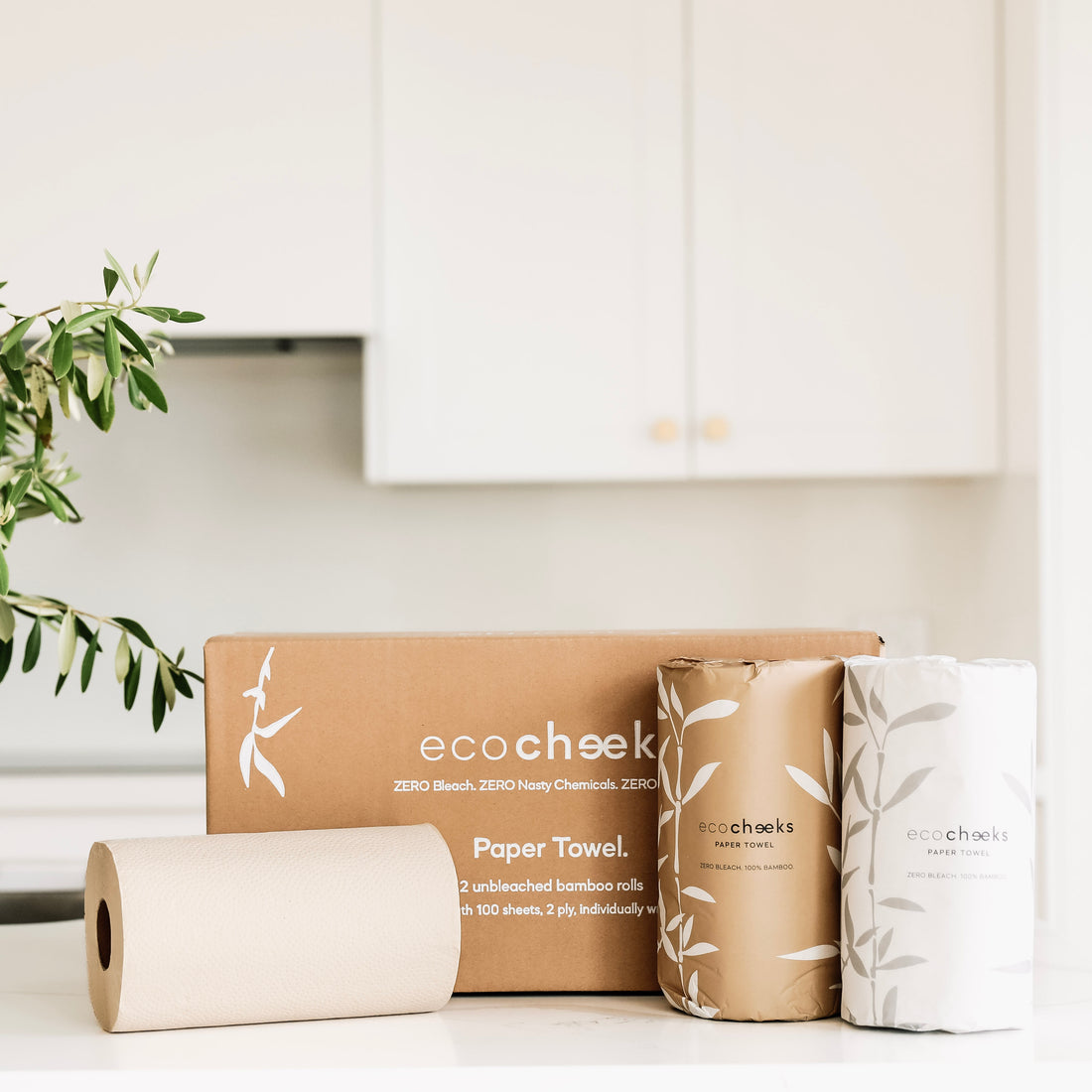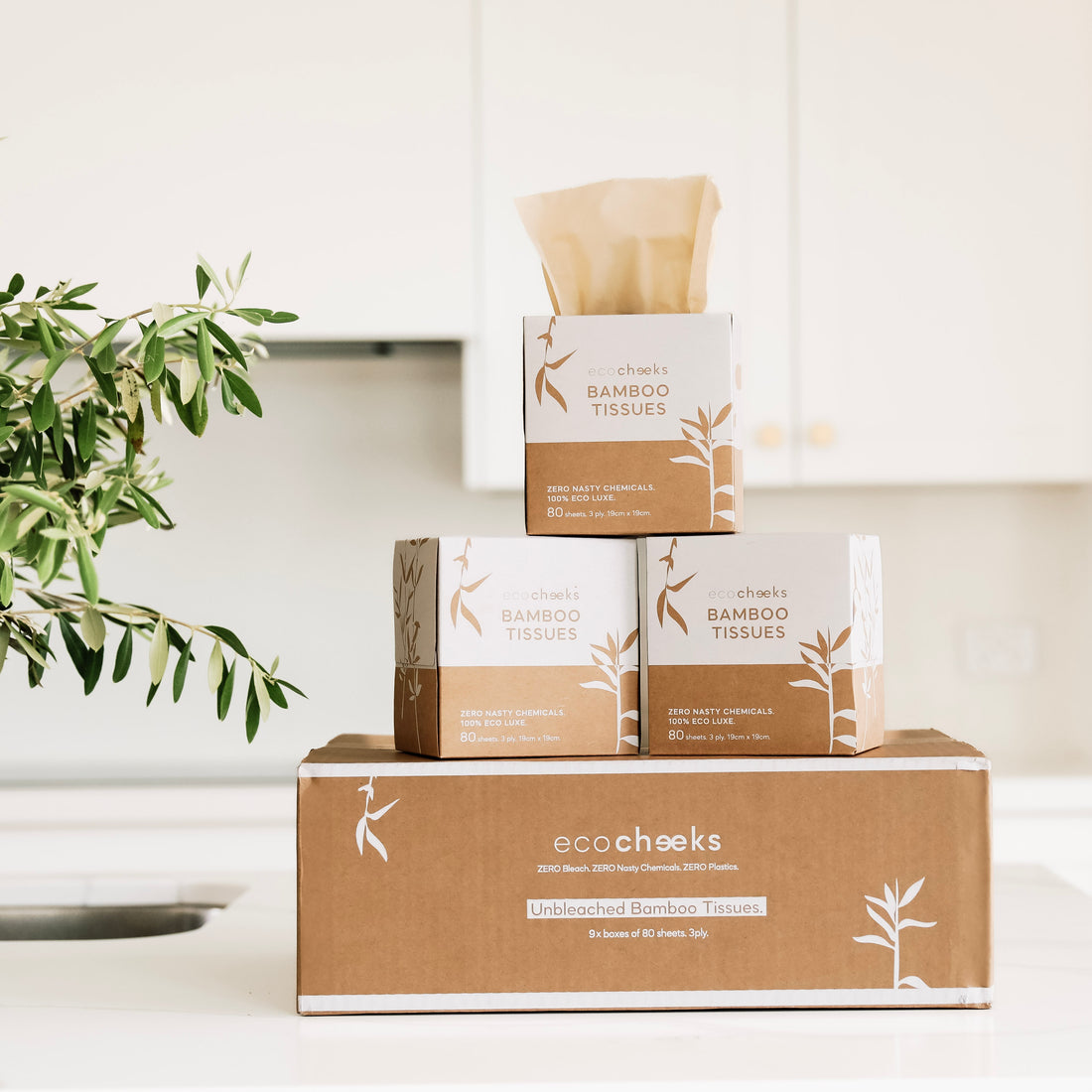The Truth About Flushable Wet Wipes
You might think flushable wet wipes live up to their name, but they often don't. Unlike toilet paper, which is designed to break down quickly, flushable wet wipes are made with synthetic materials like plastics and polyester. These materials don’t disintegrate easily, leading to clogs in residential and municipal plumbing systems. This results in expensive repairs and hazardous conditions for sewage professionals.Understanding Flushable Wipes
The term flushable wipes can be misleading. While toilet paper is considered flushable because it loses strength and breaks down in water, flushable wet wipes, are designed to be stronger and are bound with non-degradable plastic polymers. This construction helps them hold together as they move through plumbing, but it also means they don’t break down as toilet paper does. Some wipes even contain PET, a synthetic polymer that further slows the breakdown process.
Image Source: National Geographic
The Menace of Fatbergs
A major problem with flushable wet wipes is their contribution to fatbergs. These large, solid masses in sewage systems are formed when wipes mix with cooking fats and other waste. Fatbergs are not only unhygienic but also incredibly costly and challenging to remove. They exacerbate already difficult jobs for sewage professionals, making the issue even more pressing.The Issue with Marketing
The flushable wipes label is not regulated by strict standards. Companies can use this term without proving their products’ true flushability. A Canadian study found that none of the 101 tested wipes actually passed flushability tests. This misleading marketing causes confusion and highlights the need for clearer regulations.Why Flushable Wet Wipes Are Problematic
Even with a flushable wipes label, the lack of industry standards means these wipes may not actually be safe for plumbing systems. Without proper regulations, there's no guarantee that a wipe will pass through your home’s plumbing or the municipal wastewater system without causing issues.
How to Avoid Problems
To prevent clogs and blockages, it’s crucial not to flush wipes. Dispose of them in a waste bin instead. Educating your household and guests about what should and shouldn’t be flushed can also help avoid plumbing disasters.Other Items to Keep Out of the Toilet:
- Paper towels and napkins
- Period products
- Cooking grease
- Household waste like paint
- Hair
- Food scraps
- Medicine
Eco-Friendly Alternatives
Flushable wet wipes have become increasingly popular, but there needs to be more understanding about their safety and environmental impact. Despite their claims, these wipes can clog pipes, disrupt septic systems, and create issues for treatment plants. Even those labelled “septic-safe” may not be as harmless as they seem.To avoid expensive plumbing problems and environmental harm, it's best to limit the use of flushable wet wipes and dispose of them in the bin. Embracing responsible consumer habits and demanding clearer product labelling can enhance wastewater management and protect our sewage systems.
Instead, consider true and eco-friendly alternatives:

- Bamboo Toilet Paper: This innovative product is crafted from biodegradable materials, designed to break down easily and minimise impact on your plumbing. Bamboo toilet paper like Eco Cheeks combines eco-consciousness with effectiveness, offering a sustainable solution that aligns with modern environmental values.
- Sustainability: Bamboo is a highly renewable resource that grows quickly and requires less water and pesticides compared to traditional trees used for paper production. This makes bamboo toilet paper an eco-friendly choice.
- Biodegradability: Bamboo toilet paper is designed to break down easily in the environment. Unlike flushable wipes, which can clog pipes and contribute to fatbergs, bamboo toilet paper disintegrates effectively and minimises plumbing issues.
- Softness and Strength: Bamboo toilet paper is both soft and strong, offering a similar feel to high-quality conventional toilet paper. It provides a comfortable and reliable clean without compromising environmental benefits.
- Reusable Washcloths: Similar to cloth diapers, reusable washcloths are an excellent sustainable alternative. They offer the same level of cleanliness as wipes but can be washed and reused. This approach reduces waste and conserves resources, making it a practical choice for environmentally minded consumers.
- Bidet: A bidet or a bidet attachment for your existing toilet is an efficient alternative that uses a stream of water for a thorough clean. By reducing the reliance on wipes, bidets not only help in conserving paper products but also promote better hygiene with less environmental impact.








